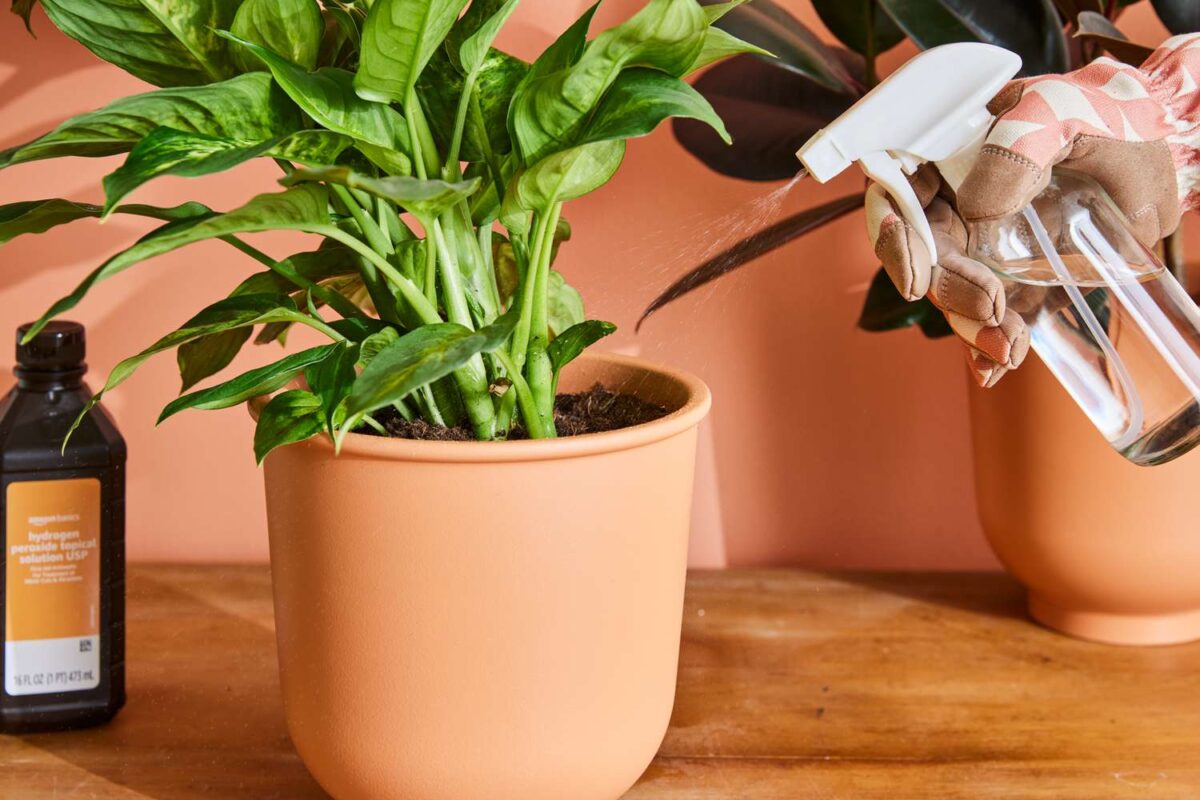Blog
Hydrogen Peroxide for Plants: Benefits and Uses Explained
Hydrogen peroxide for plants is an effective tool that many gardeners and plant enthusiasts are beginning to appreciate. This powerful compound can help promote healthier growth, combat pests, and even enhance root development. In this article, we will explore the benefits, uses, and best practices for using hydrogen peroxide in your garden.
What is Hydrogen Peroxide?
Hydrogen peroxide is a colorless liquid with strong oxidizing properties. It is commonly used as a disinfectant and bleaching agent. In the context of gardening, hydrogen peroxide can be beneficial when diluted properly. When applied correctly, it can serve as a natural remedy for various plant issues.
Benefits of Hydrogen Peroxide for Plants
Using hydrogen peroxide for plants offers several advantages:
1. Disease Prevention
One of the key benefits of hydrogen peroxide for plants is its ability to prevent fungal infections. By applying a diluted solution to your plants, you can help inhibit the growth of harmful pathogens. This is particularly useful in humid environments where fungal diseases are more prevalent.
2. Improved Oxygen Supply
Hydrogen peroxide breaks down into water and oxygen when it decomposes. This release of oxygen can enhance soil aeration, allowing plant roots to access more oxygen. Improved oxygen levels can lead to healthier root systems and overall plant vitality.

3. Pest Control
Hydrogen peroxide can help combat common pests such as aphids and spider mites. By spraying a diluted solution on affected plants, you can deter these unwanted visitors without resorting to harsh chemicals.
4. Enhanced Seed Germination
Using hydrogen peroxide for plants can also aid in seed germination. Soaking seeds in a diluted hydrogen peroxide solution can help eliminate surface pathogens, leading to healthier seedlings.
How to Use Hydrogen Peroxide for Plants
Dilution Ratios
To safely use hydrogen peroxide for plants, it’s essential to dilute it appropriately. A common ratio is 1 part hydrogen peroxide (3% solution) to 10 parts water. This dilution ensures that the solution is gentle enough for most plants while still being effective.
Application Methods
1. Soil Treatment
You can apply the diluted hydrogen peroxide solution directly to the soil. This method helps improve oxygen levels in the root zone and reduces the risk of soil-borne diseases.
2. Foliar Spray
Using hydrogen peroxide as a foliar spray can help prevent fungal diseases and deter pests. Simply fill a spray bottle with the diluted solution and mist the leaves of your plants. Be sure to cover both the tops and undersides of the leaves.
3. Seed Soaking
For enhanced seed germination, soak seeds in a hydrogen peroxide solution for about 30 minutes before planting. This process helps eliminate any pathogens on the seed surface.
Best Practices for Using Hydrogen Peroxide for Plants
Monitor Your Plants
When using hydrogen peroxide, always monitor your plants closely for any adverse reactions. Some sensitive plants may react negatively to even diluted solutions. If you notice any signs of distress, discontinue use immediately.
Timing Matters
Applying hydrogen peroxide in the early morning or late afternoon can help minimize the risk of leaf burn from the sun. The cooler temperatures during these times allow for better absorption and less evaporation.
Frequency of Application
You can use hydrogen peroxide for plants as needed, but avoid over-application. For disease prevention, a bi-weekly application is often sufficient. For pest control, apply whenever you notice an infestation.
Safety Considerations
While hydrogen peroxide is generally safe when used correctly, it’s essential to take precautions. Always wear gloves and avoid contact with your eyes and skin. Store hydrogen peroxide in a cool, dark place to prevent degradation.
Conclusion
Hydrogen peroxide for plants is a versatile and effective solution for enhancing plant health. From preventing diseases to improving root oxygen levels, this compound offers numerous benefits when used correctly. By following the guidelines in this article, you can successfully incorporate hydrogen peroxide into your gardening routine.
